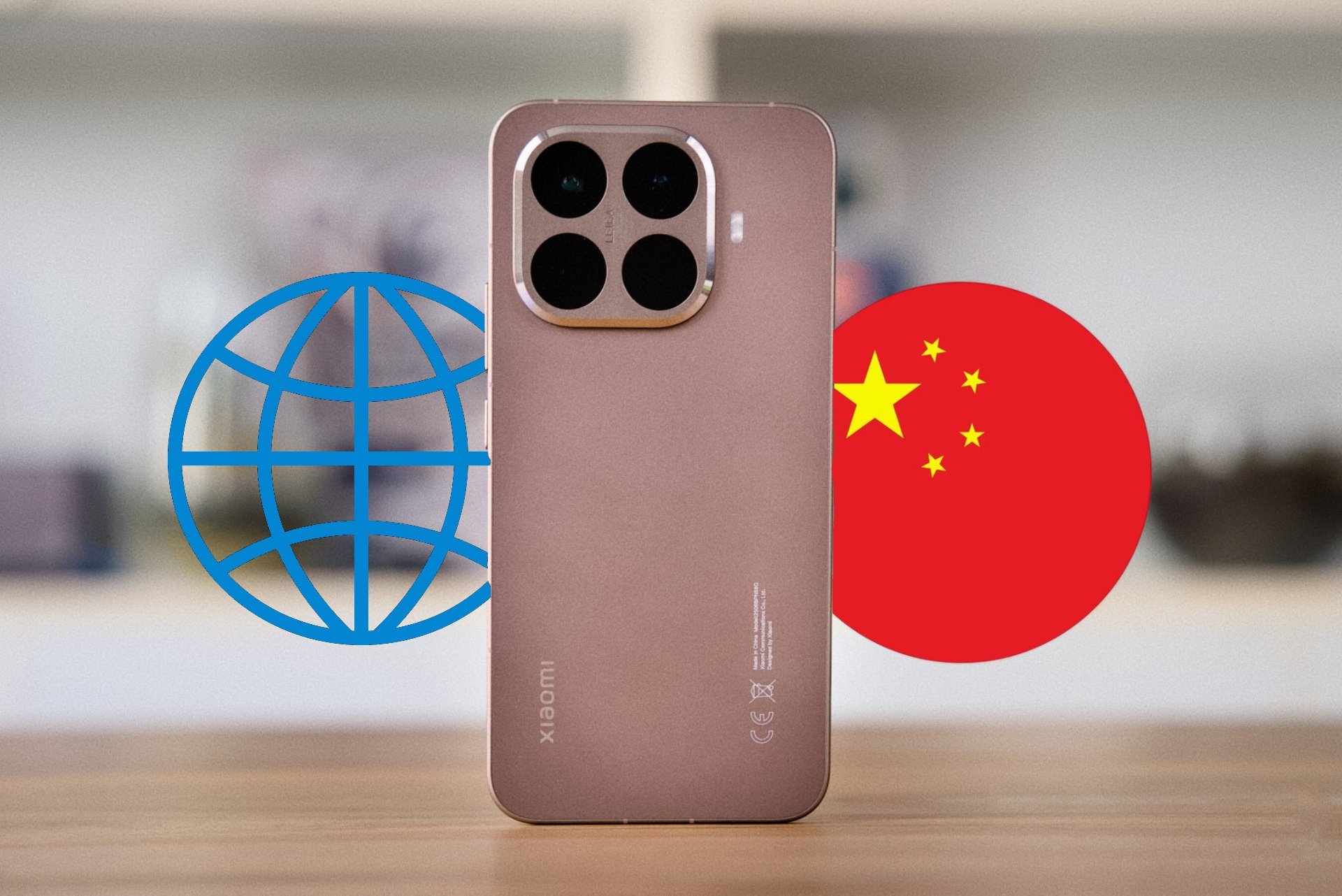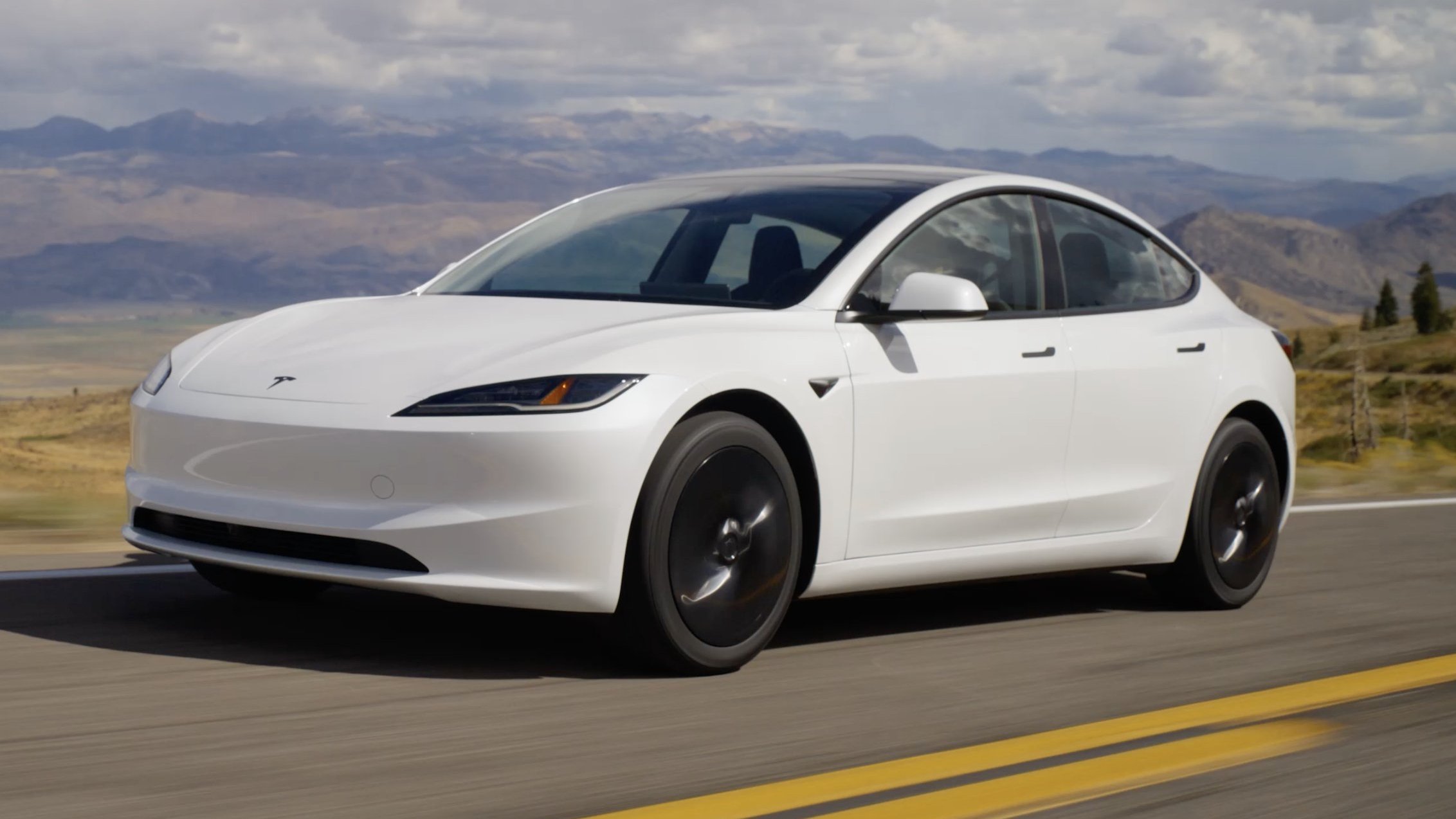another one against him greenwashingg in Europe. A European Commission project proposes to ban brands from placing on their product labels information about sustainability, environmental friendliness or any reference in this regard. Only companies that succeed an independent organization confirms that they indeed meet the sustainability criteria and respect for the environment.
The proposal was presented yesterday by the board of directors of the agency. “First of all, we want consumers to receive reliable, consistent and verifiable information,” European Commissioner for the Environment Virginijus Sinkevičius said at a press conference. The official stressed that they intend to prevent brands from taking advantage of their customers’ growing concerns about the environmental emergency.
The commission’s experts examined a sample of 150 green claims on packaging and advertising for products sold in Europe in 2020. 53% showed “vague, misleading or unsubstantiated” information. 40% made “completely unsubstantiated” claims.
They presented several examples: “T-shirt made from recycled plastic bottles”, “Packaging is 30% recycled plastic”, “Ocean-friendly sunscreen”. Initiative against this kind of practice greenwashing (greenwashing) in Europe now requires the approval of the European Parliament and the Council to enter into force.
Terrifying punishments to stop greenwashing in Europe

The Commission also found that there are at least 230 different tags which offer the product’s alleged environmental credentials. This, he said, causes confusion and mistrust among people. To address this problem, the project proposes to unify the criteria for existing labeling and to ban new schemes unless they are developed at the EU level.
Companies that choose to be independently reviewed and stamped with their green label must also ensure that information about their commitment to sustainability is readily available. For example, use QR code or website link so that consumers can know what is behind the production chain.
Those who continue to engage in this type of practice greenwashing in Europe they will be sanctioned. Plan offers Monetary penalties, suspension from government orders or confiscation of income.
Some organizations say the project has failed.

Some groups fighting against greenwashing in Europe, the project is considered a failure. They are concerned that the introduced measure allows brands to continue to promote their products as “CO2 neutral”. Those who use this claim claim to offset carbon emissions in other ways, such as by planting trees.
“There is no such thing as a plastic water bottle or CO2 zero banana. Carbon neutrality claims greenwashingpure and simple. It’s a smokescreen”said Monique Goyens of consumer group BEUC. AFP.
“Planting trees that take decades to grow is much easier and cheaper, but significantly less efficient than reducing emissions.” They believe that a great opportunity has been missed.
The Commission’s measure against brands that deal greenwashing in Europe comes to strengthening “Consumer Directive”introduced last year. This standard establishes obligations that manufacturers do not include misleading information about the impact on society or the environment.
Source: Hiper Textual












